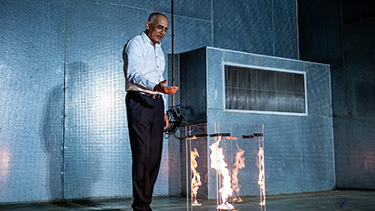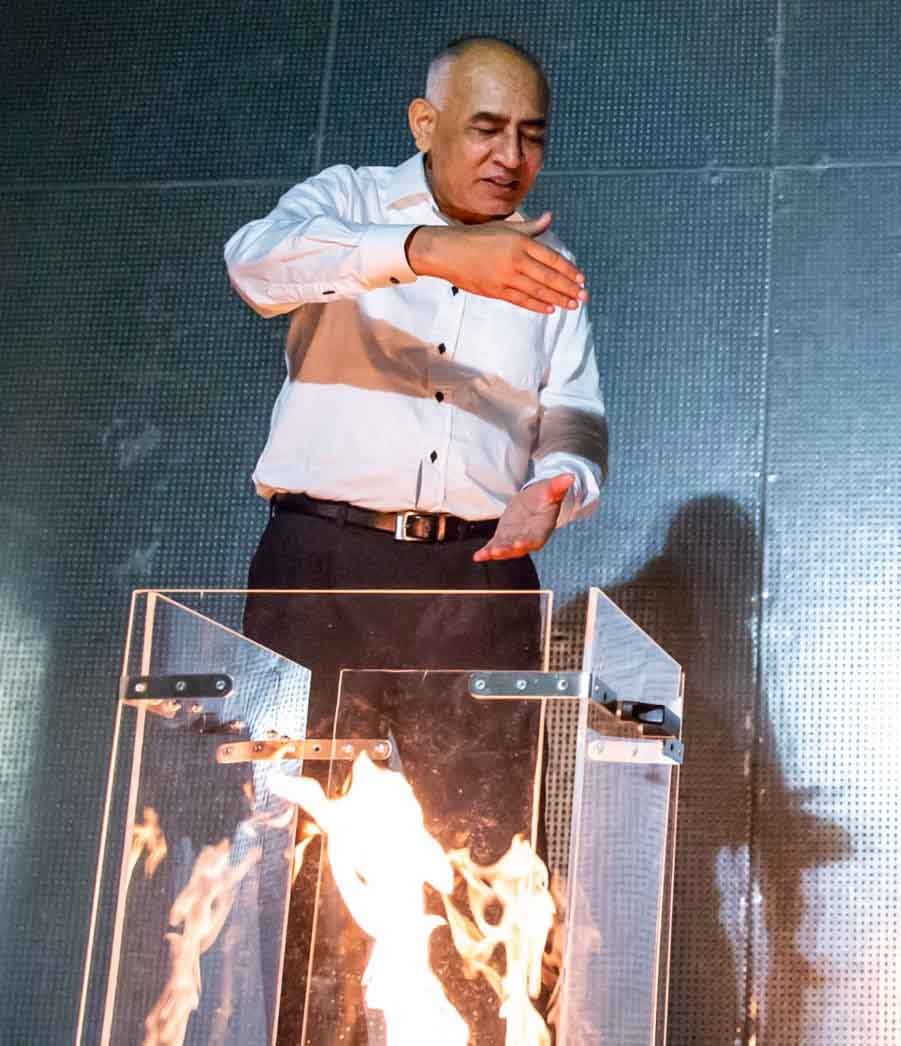Increasing Urban Resilience with Smart Firefighting

Sponsored by

Increasing Urban Resilience with Smart Firefighting
Increasing Urban Resilience with Smart Firefighting

As urban areas grow in population and become more sustainable, fire safety is becoming a bigger concern. According to the World Bank, roughly 1.4 million people are moving into urban areas around the globe each week. In many cases, they are moving into high-occupancy buildings that have been renovated or newly constructed, often with higher efficiency systems and greener technologies.
PolyU researchers reckon that the new trends in urban development are changing the nature of the threat from fire. Previous safety strategies are no longer effective, leaving firefighters to face unpredictable hazards.
In June 2017, for example, a fire broke out in Grenfell Tower, a 24-story residential building in London. Seventy-two people died, and more than 70 were injured. In a refurbishment about a year before the tragedy, more cost-effective yet less fire-resistant aluminum cladding was installed on the building’s exterior. This was one reason for flames spreading rapidly up the outside of the building during the accident.
PolyU researchers predict that a strategic use of smart-city technologies could prevent or lessen the effect of similar tragedies. The University’s fire research efforts, led by Prof. Asif Sohail Usmani, a PolyU expert in building services engineering, bring together researchers from engineering, computing, building and real estate, as well as land surveying and geo-informatics. Scientists from the University of Hong Kong, University of Edinburgh, University College, London and Tsinghua University are also contributing, as well as government agencies and high-tech companies. Supported by a grant of over $4.2 million (HK$33 million), in this five-year project the collaborators are conducting foundational research on fire prediction, prevention and control, and emergency management as well as developing a smart firefighting system for use in highly densely populated urban environments.
Researchers are hoping to develop a workable prototype to test in a real urban area, like Hong Kong. “An urban environment that is not resilient cannot be considered sustainable,” says Prof. Usmani.
Through the scientific work of Usmani and other dedicated researchers, PolyU is positioned to make a positive impact on the environment, industry and communities throughout Hong Kong – and beyond.